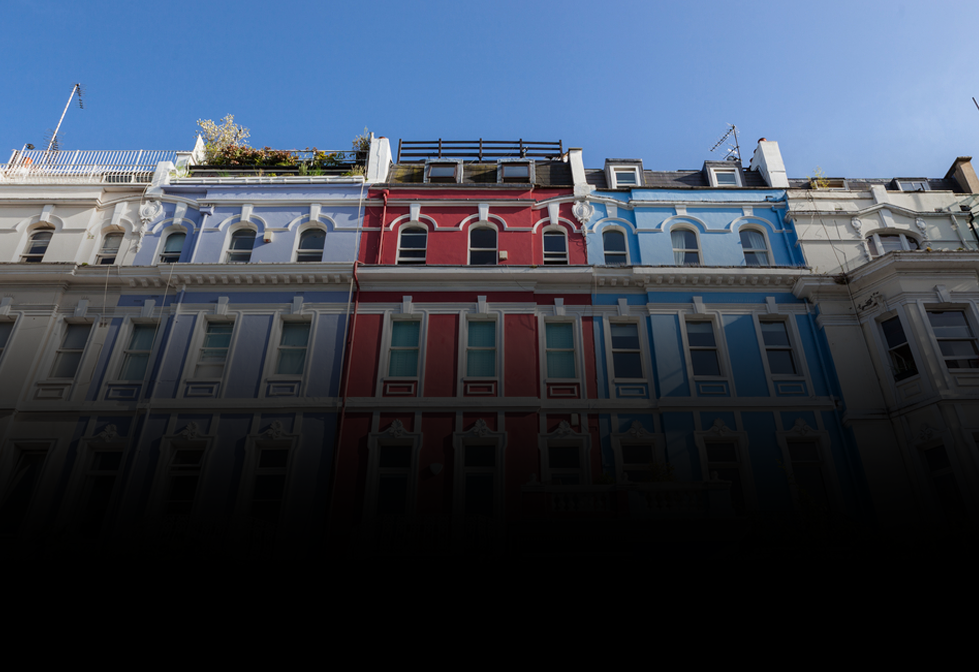Classical liberalism key to post-Brexit foreign policy
SUGGESTED

Andy Mayer quoted in The Independent

Christopher Snowdon writes for The Telegraph

Edwin van de Haar writes for The Critic
Edwin wrote:
“The Shadow Foreign Secretary, David Lammy, recently accused Rishi Sunak of having a “little England mentality” in relation to British foreign policy and called for closer cooperation with China. At the other end of the spectrum, Liz Truss used a speech in Taiwan to call for an “economic NATO” to take on Beijing. This raises a fundamental question: is there a contradiction between taking a harsh stance on China and promoting a global Britain?
“A classical liberal approach to international relations helps to break this false dichotomy. Its roots go back to Scottish Enlightenment thinkers such as David Hume and Adam Smith, who turns 300 this month. These thinkers provide a useful structure for how we should think about foreign policy in these increasingly challenging times. Smith emphasised that international order is about uncertainty, power, and violence, yet he also highlighted areas for international cooperation, which Smith argued was vital to ensure the best conditions for individual freedom to flourish.
“Adam Smith and other classical liberals make clear that foreign policy is not only about states’ interests and short-term geopolitical strategy. Ultimately it must be about the best conditions for individual freedom to flourish, which demands a limited state at both the national and international level. Both Sunak and Lammy should consider this if they hope to re-establish a constructive foreign policy consensus in Westminster and take advantage of the foreign policy opportunities that Brexit provides.”
Read Edwin’s full piece here.
Find out more about Edwin’s book, Human Nature and World Affairs: An Introduction to Classical Liberalism and International Relations Theory, and download a free copy here.



